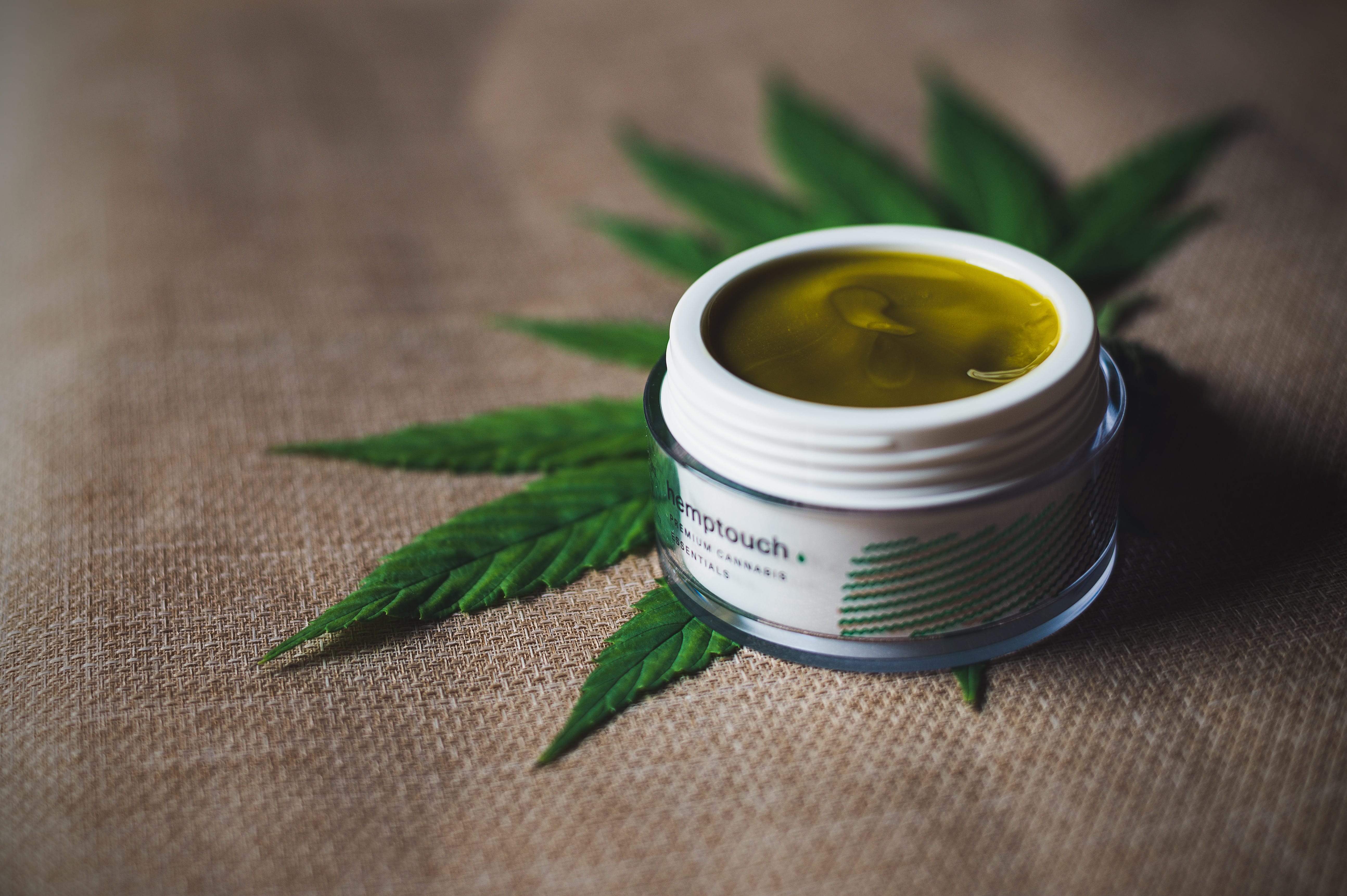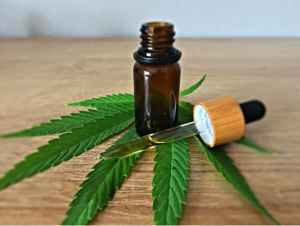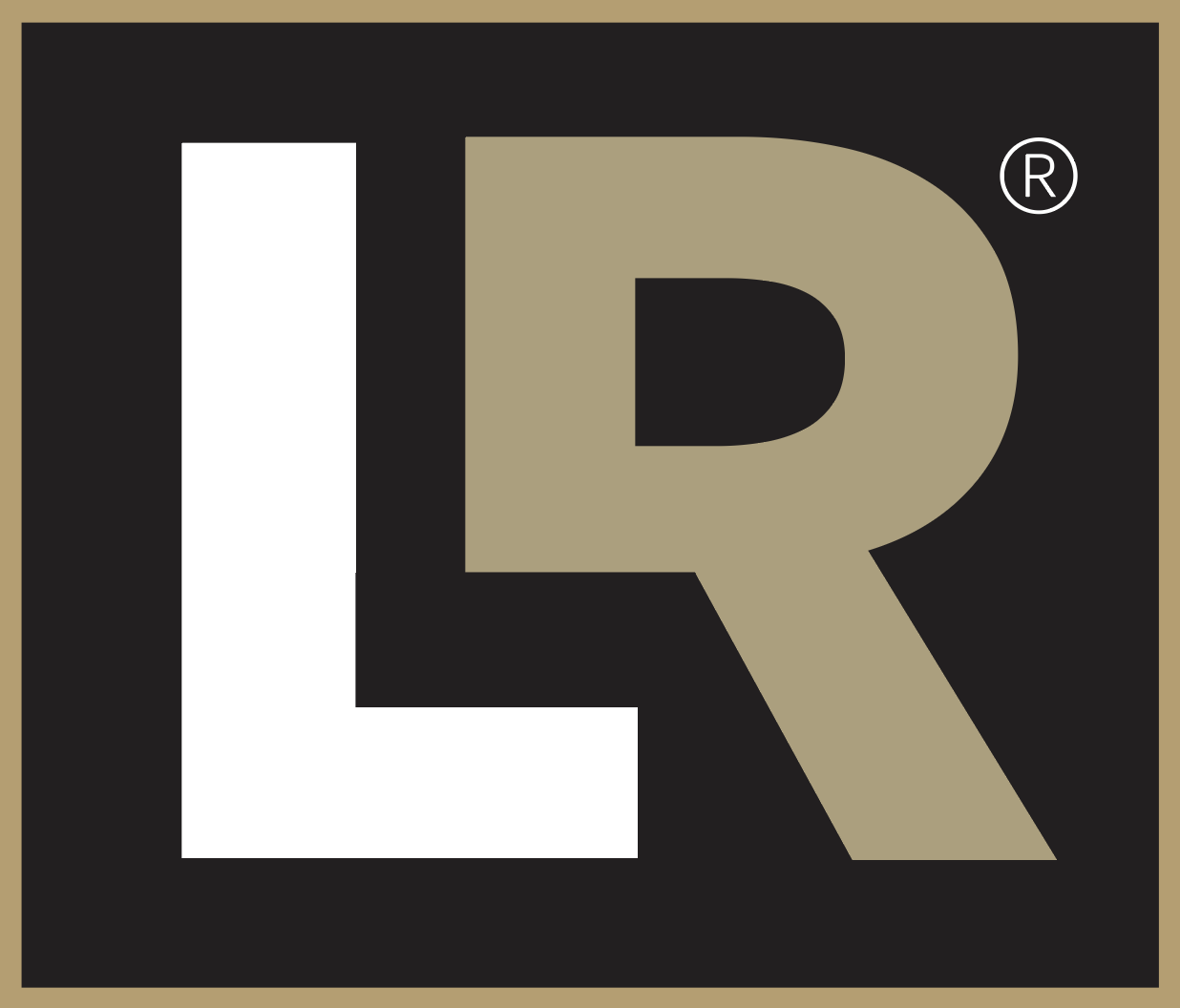Is CBD Legal in 2020?

Is CBD Legal in 2020?
The history of CBD is as interesting as it is complicated in the US. People have been using CBD as a natural medicine since time immemorial and yet this magical compound remained banned or illegal to use for several decades.The sad part is that many people aren’t even aware of the true definition of CBD, which is a popular acronym of cannabidiol, a natural compound found in the cannabis plant and extracted via industrialised hemp or marijuana. Most people still think of it as marijuana or THC, when CBD is totally opposite of it.While Hemp was crossed from the list of controlled substances in 1937, it took a long stretch of time to remove CBD from the said list. But what is the real status of the legality of CBD in all 50 states across the country? This article will help you figure out the same.Why do people use so much CBD these days?To begin with, CBD is non-psychoactive in nature. This means that it will not produce a high in your body or get you stoned. The reason behind the same is that CBD contains almost nil amount of THC, which is the prime reason why you feel high after smoking marijuana or hashish.The main reason why people are so obsessed with using CBD products like CBD creams, gummies etc., these days is because of CBD’s therapeutic qualities. Over the last few years, there have been several anecdotes and limited studies that have directed the extraordinary ability of CBD to relieve people. Consumers reckon that CBD-infused products like CBD Gummies are not only tasty but are also convenient to consume and have helped them in reducing anxiety, depression, and insomnia. Similarly CBD Creams can be an easy replacement for their regular creams while helping with joint or muscle pain.Even the World Health Organization has cleared CBD from having any potential for abuse or tolerance. Still, the legal status of CBD in the US is quite confusing in 2020. So, let’s throw some light on it.Legal history of CBD legislation in the USThe history of CBD and other compounds really goes back in time. Thus, it is important for us to learn about their brief history. However, before we learn about the acts, we need to understand that there has been no proper guideline on how to market hemp and CBD apart from CBD being sold as a drug since FDA has classified it so. For this very reason, many sellers of CBD are selling low quality and contaminated products in the name of ‘drug.’ It is thus important to deal with this problem. Therefore for now, consumers need to do their own due diligence and read detailed reviews like this CBDistillery review by The Cannabis Radar.In the words of FDA Commissioner Dr Stephen Hahn, “The Agency is working toward creating new CBD regulations.” He added further, “We’re not going to be able to say you can’t use these products. It’s a fool’s errand to even approach that. We have to be open to the fact that there might be some value to these products, and certainly Americans think that’s the case. But we want to get them information to make the right decisions."Controlled Substances Act, 1970The act passed by the federal government classified hemp (CBD) as a Schedule I drug, yes, along with heroin, which seemed a bit too much.2014 Farm BillHemp was finally legalized under this Bill. Under section 7606, hemp is defined as Cannabis Sattiva containing less than 0.3% THC. Hemp was thus legalized for research and agriculture purposes. Since then, sale and production of industrial hemp has increased drastically.2018 Farm BillThe academic and state-run programs went so far in proving the value of hemp and CBD to the world that The Hemp Farming Act, 2018 was passed by the US government. The Act was included in the Farm Bill, officially referred to as the Agriculture Improvement Act of 2018.Under the Act, hemp was defined as “the plant Cannabis sativa L. and any part of that plant, including the seeds thereof and all derivatives, extracts, cannabinoids, isomers, acids, salts, and salts of isomers, whether growing or not, with a delta-9 tetrahydrocannabinol concentration of not more than 0.3 percent on a dry weight basis.”This means that any industrial hemp product is now legal on a federal level all across the US. Fortunately, this includes CBD-infused products as well. And yes, CBD has been excluded from the list of Controlled Substances as well.What about state laws?The 2018 Farm Bill gives the states an upper hand to allow or restrict the production and sales of hemp products. The laws in your state regarding CBD can thus vary depending on the intended use of CBD along with the place from where it’s sourced.Currently, South Dakota, and Idaho are three states where CBD is completely banned or illegal. However, children of Idaho can have legal access to CBD under certain conditions.For the rest, CBD can be divided under two categories –1. Fully-legal states – In these states, you can purchase, possess, and consume hemp-derived CBD. One can find CBD-infused products in both offline and online stores. These states have embraced the rules established by the 2018 Farm Bill. The following states come under this categories –
Alaska
Colorado
Illinois
Maine
Michigan
Nevada
Oregon
The District of Columbia
Vermont
Washington
Alabama
Arizona
Arkansas
California
Connecticut
Delaware
Florida
Georgia
Hawaii
Idaho
Indiana
Iowa
Kansas
Kentucky
Louisiana
Maryland
Massachusetts
Minnesota
Mississippi
Missouri
Montana
Nebraska [Editor's note: CBD from HEMP is legal; CBD from marijuana is not, unless it meets certain standards. This corrects a previous error.]
New Hampshire
New Jersey
New Mexico
New York
North Dakota
Ohio
Oklahoma
Pennsylvania
Rhode Island
South Carolina
South Dakota
Tennessee
Texas
Utah
Virginia
West Virginia
Wisconsin
Wyoming
Alaska
California
Colorado
Maine
Massachusetts
Michigan
Nevada
Oregon
Vermont
Washington
Washington, D.C.
Illinois
Alaska
Arizona
Arkansas
California
Colorado
Connecticut
Delaware
Florida
Hawaii
Illinois
Louisiana
Maine
Maryland
Massachusetts
Michigan
Minnesota
Missouri
Montana
Nevada
New Hampshire
New Jersey
New Mexico
New York
North Dakota
Ohio
Oklahoma
Oregon
Pennsylvania
Rhode Island
Utah
Vermont
Washington
Washington, DC
West Virginia
 Marijuana leaf on wooden surface, with a brown bottle and eyedropper on the leaf; image by CBD-Infos-Com, via Pixabay.com.
Marijuana leaf on wooden surface, with a brown bottle and eyedropper on the leaf; image by CBD-Infos-Com, via Pixabay.com.

About Kate Majurik
Kate is a blogger, writes about CBD, Mother needs & Fitness. She also writes on Forbes, Laweekly, Sfexaminer & DMagazine. You can follow her on her youtube channel: CBD oil with Kate.
